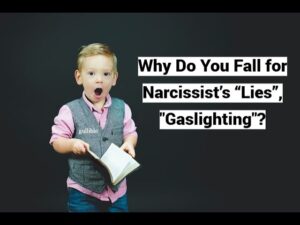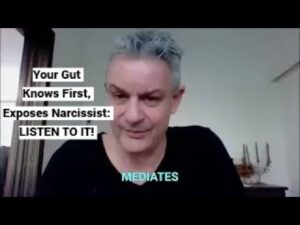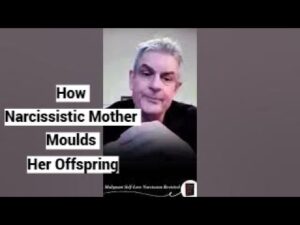Can You Love the Narcissist and Rescue Him?
Victims of narcissists often resort to fantasies and self-delusions to cope with their pain, believing that they can rescue the narcissist from their misery and misfortune. However, loving a narcissist
Victims of narcissists often resort to fantasies and self-delusions to cope with their pain, believing that they can rescue the narcissist from their misery and misfortune. However, loving a narcissist







